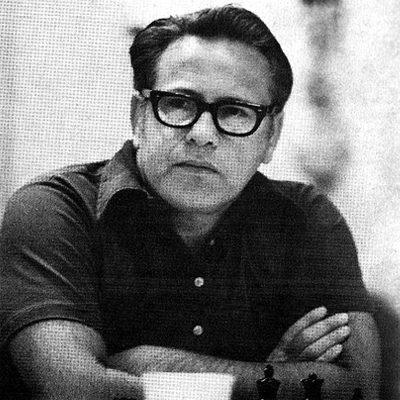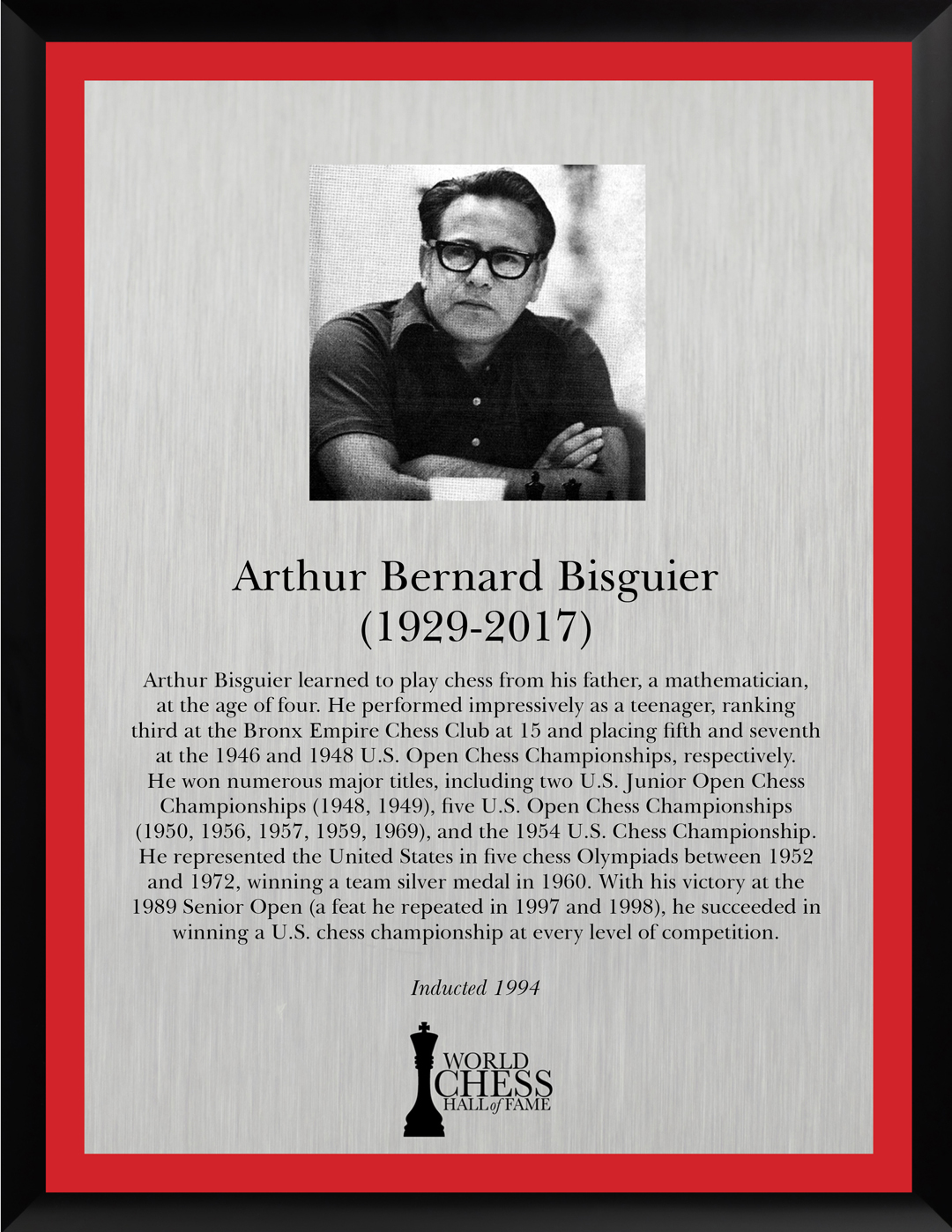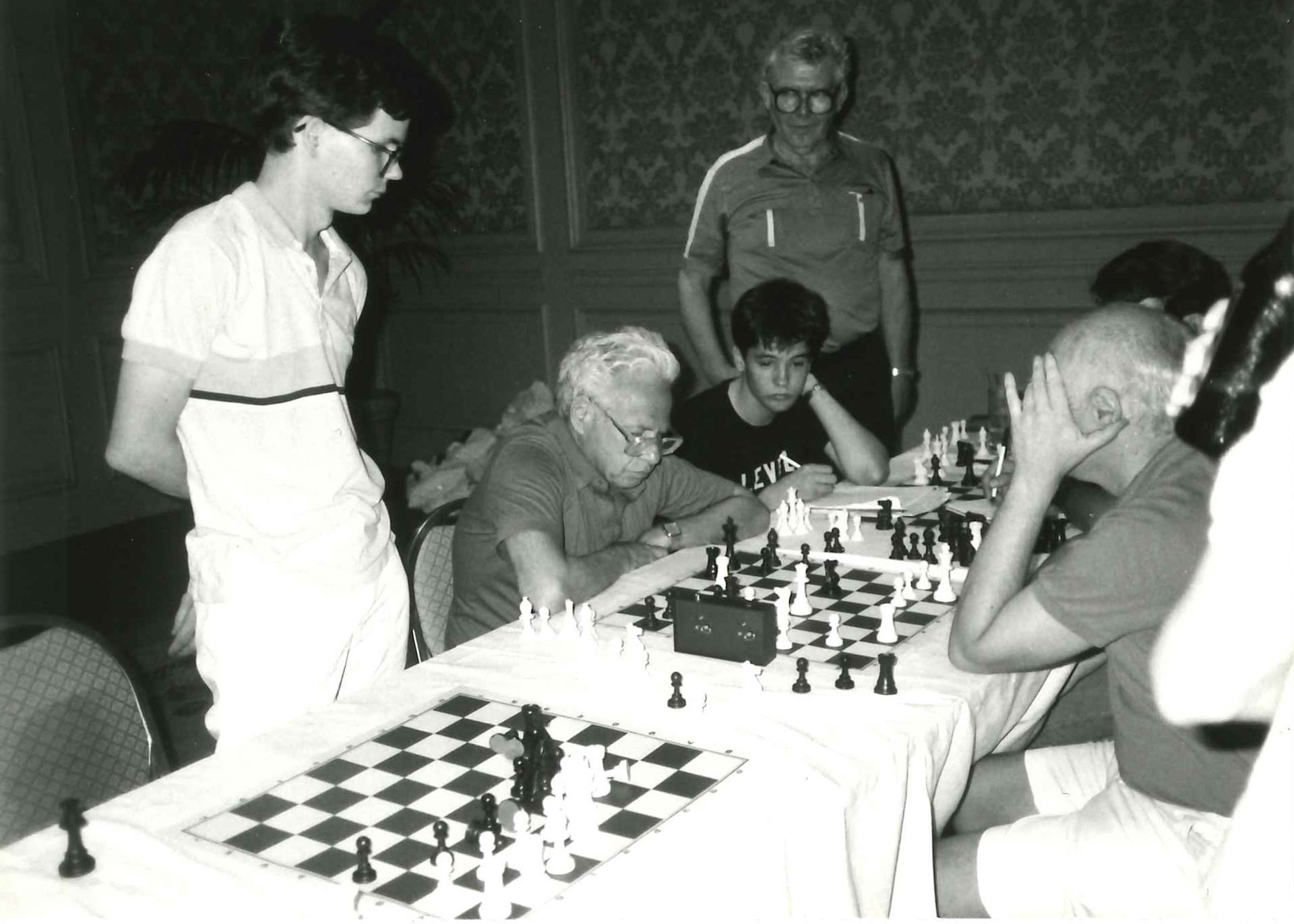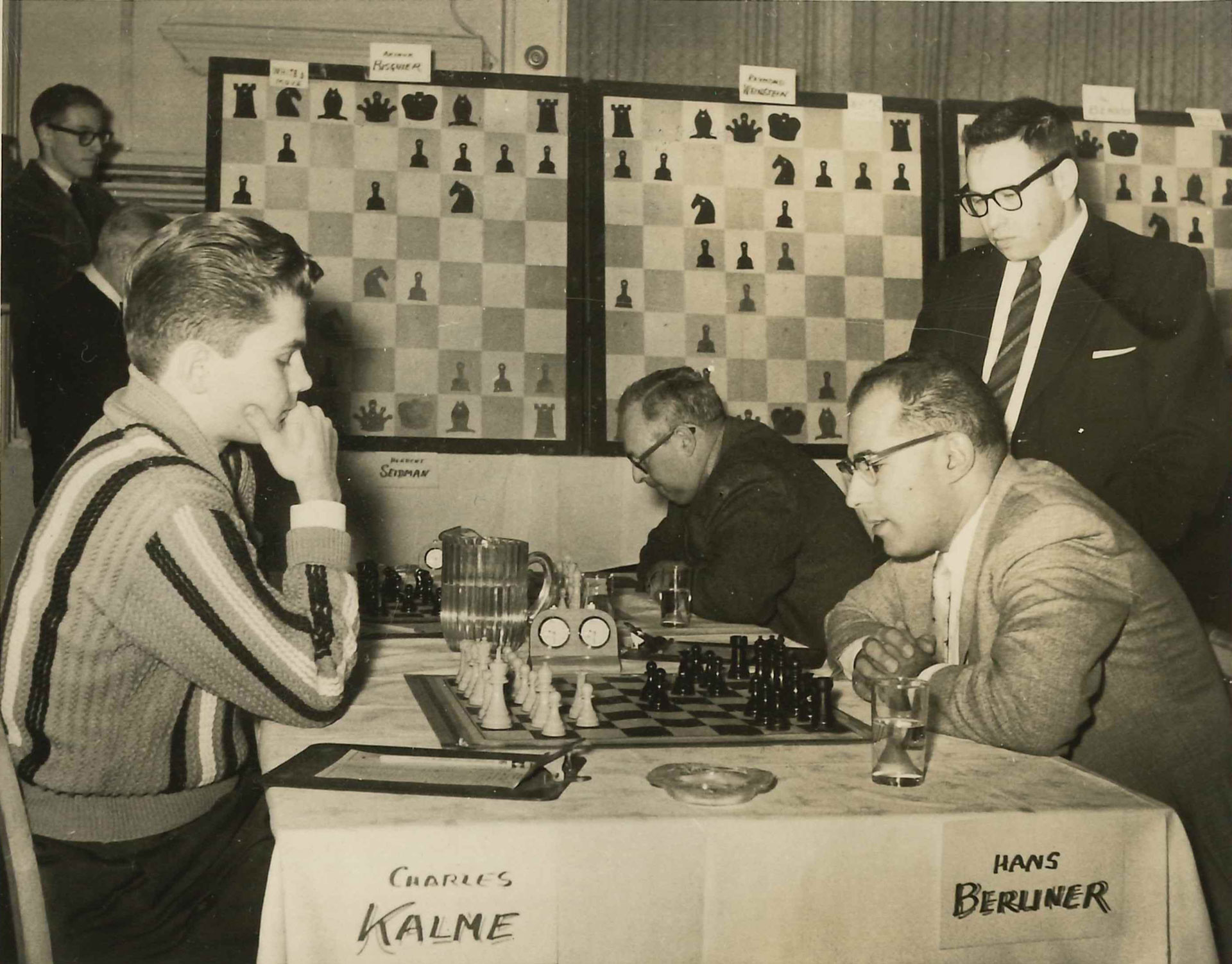 (1929-2017)
(1929-2017)
U.S. Chess
Hall of Fame
Inducted 1994
Arthur Bisguier learned to play chess from his father, a mathematician, at the age of four. He performed impressively as a teenager, ranking third at the Bronx Empire Chess Club at 15 and placing fifth and seventh at the 1946 and 1948 U.S. Open Chess Championships, respectively. He won numerous major titles, including two U.S. Junior Open Chess Championships (1948, 1949), five U.S. Open Chess Championships (1950, 1956, 1957, 1959, 1969), and the 1954 U.S. Chess Championship. He represented the United States in five chess Olympiads between 1952 and 1972, winning a team silver medal in 1960. With his victory at the 1989 Senior Open (a feat he repeated in 1997 and 1998), he succeeded in winning a U.S. chess championship at every level of competition. Additionally, he won first in the 1973 Lone Pine International Tournament and was a seven-time Manhattan Chess Club Champion (1948, 1949, 1957, 1958, 1959, 1968, 1969).
Proclaimed “Dean of American Chess” by the U.S. Chess Federation, Bisguier was a tireless promoter of the game. He likely played more people than any other U.S. grandmaster, giving exhibitions at hospitals, colleges, prisons, and other locations around the country in the interest of popularizing the game. Bisguier was both a regular contributor to Chess Life and a published author. His books include 1974’s American Chess Masters from Morphy to Fischer (written with Andrew Soltis); 2003’s The Art of Bisguier, The Early Years: 1945-1960 (written with Newton Berry); and 2008’s The Art of Bisguier: Selected Games 1961-2003 (written with Newton Berry and featuring a forward by Lev Alburt).



